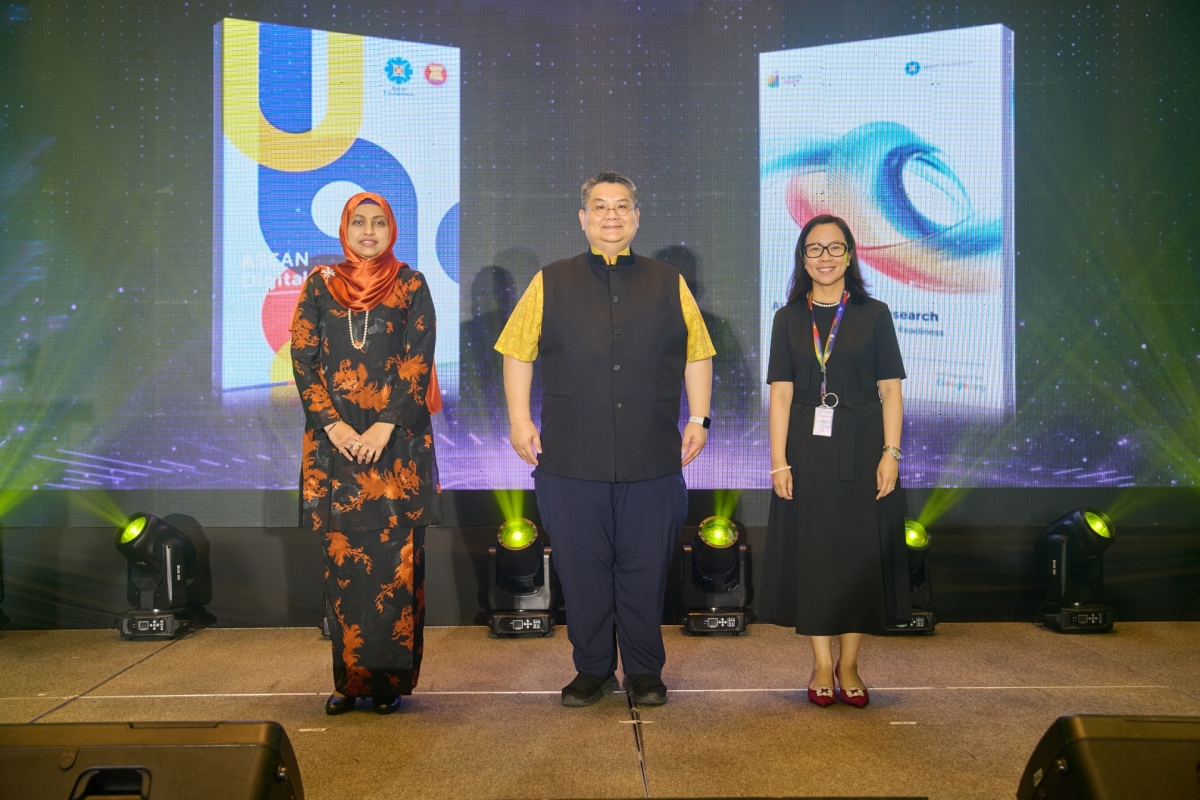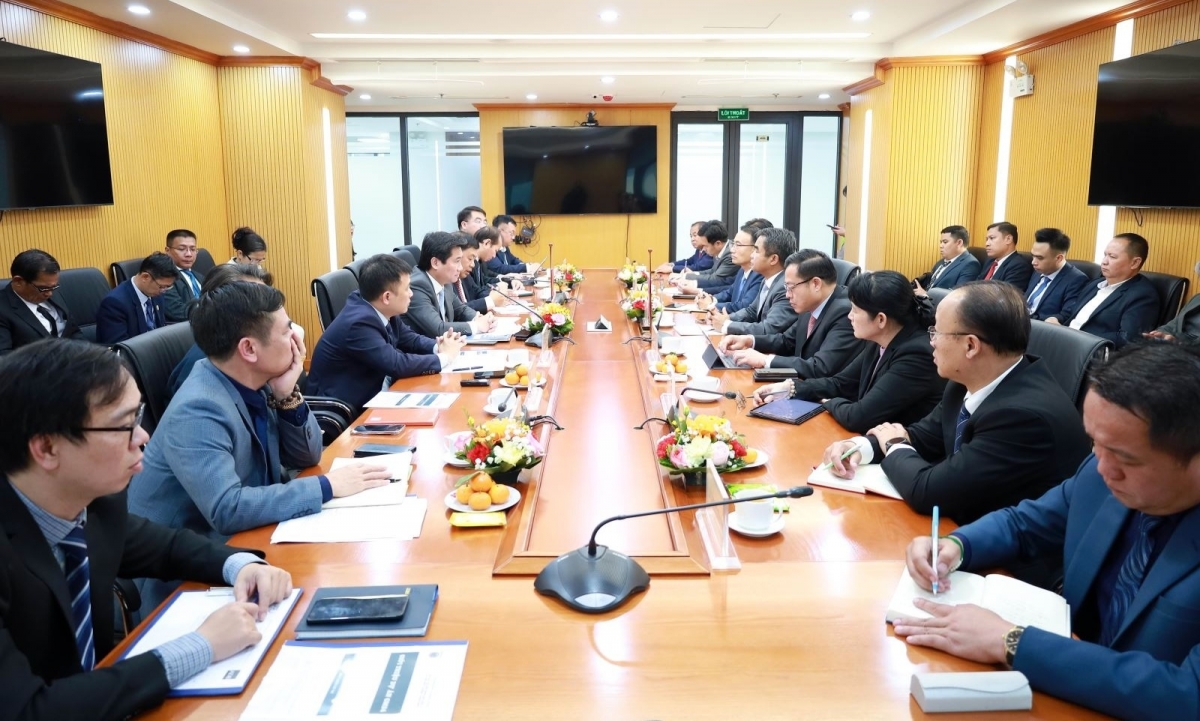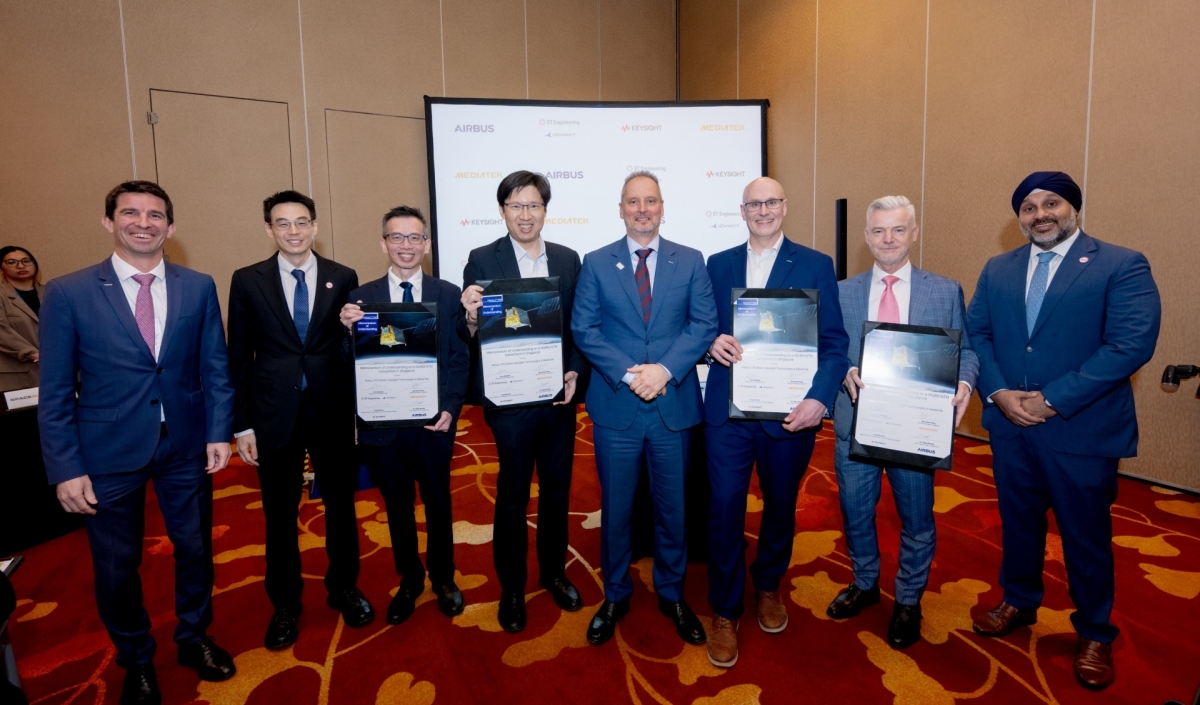INTERNATIONAL INVESTMENT
AND PORTAL
The Monetary Authority of Singapore (MAS) has announced that to decarbonise the economy, Singapore will expand its focus, which is now solely on green finance, to the one that also includes transition finance by mapping out clear definitions, encouraging innovation and extending grants.
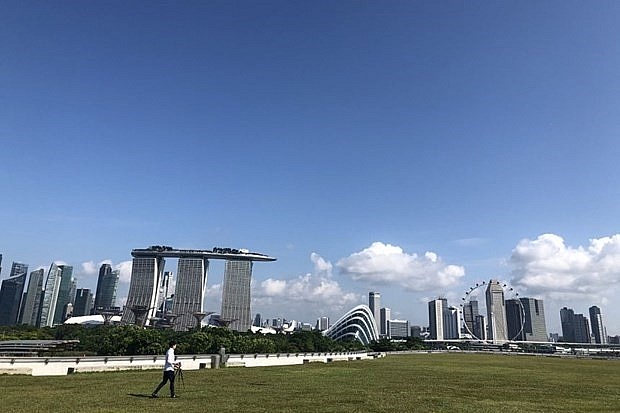 Illustrative photo (Photo source: straitstimes.com)
Illustrative photo (Photo source: straitstimes.com)
Singapore – The Monetary Authority of Singapore (MAS) has announced that to decarbonise the economy, Singapore will expand its focus, which is now solely on green finance, to the one that also includes transition finance by mapping out clear definitions, encouraging innovation and extending grants.
The policies that MAS intends to implement include developing sustainable debt markets through green and transformational solutions, improving the quality of data, and disclosure of information on environment, society, and governance while ensuring that financial institutions have reliable transition plans in place.
The authority will expand the scope of its sustainable bond and loan grant schemes to include transition bonds and loans, with safeguards in place to mitigate the risk of “transition-washing” and ensure alignment with internationally recognised taxonomy and transition finance principles.
To promote transparency in the sustainable debt market, MAS will incentivise the early adoption of entity-level sustainability disclosures by issuers or borrowers. MAS has set aside 15 million USD over the next five years till the end of 2028 for the enhanced grant schemes.
It will extend the Insurance-Linked Securities (ILS) Grant Scheme till the end of 2025 to support the continued growth of catastrophe bonds and additional climate risk financings instruments such as sidecars and collateralised reinsurance arrangements. This will enable additional financing for protection against disaster risks to be raised from the capital markets. The 15 million USD grant will defray the cost of issuing catastrophe bonds and the expanded suite of insurance-linked securities that focus on Asia risks.
The agency will scale blended finance, in partnership with the private sector and philanthropic foundations, to mobilise financing for the decarbonisation of carbon-intensive sectors, for example, managed phase-out of coal-fired power plants. In addition, MAS will support the development of carbon services and carbon credit markets in Singapore, to channel financing towards carbon abatement and removal projects in Asia.
It has strongly promoted the financing of the transition over the years, as non-green activities make up the bulk of the global economy, especially in Southeast Asia, which remains heavily dependent on coal to produce electricity.
This new strategy could help Singapore become a transformative financial hub in the region. It can also connect the financial needs of developing economies with investors in developed capital markets. This is a strong signal showing that Singapore is serious about its commitment to a credible green transition in Asia.
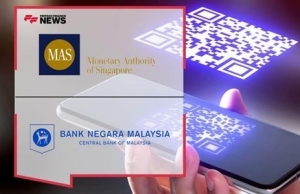 Malaysia, Singapore launch cross-border QR code payment
Malaysia, Singapore launch cross-border QR code payment
The Bank Negara Malaysia (BNM) and the Monetary Authority of Singapore (MAS) recently launched a cross-border QR code payment linkage between the two countries.
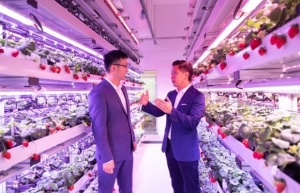 Singapore applies hi-tech in growing strawberries in Malaysia, Thailand
Singapore applies hi-tech in growing strawberries in Malaysia, Thailand
Singrow, a Singapore-based agri-genomics, has developed a research project to promote strawberry varieties grown in tropical climate areas. The firm has also promoted franchise farm partnerships in Malaysia and Thailand to make significant progress in its global expansion plans.
By VNA




